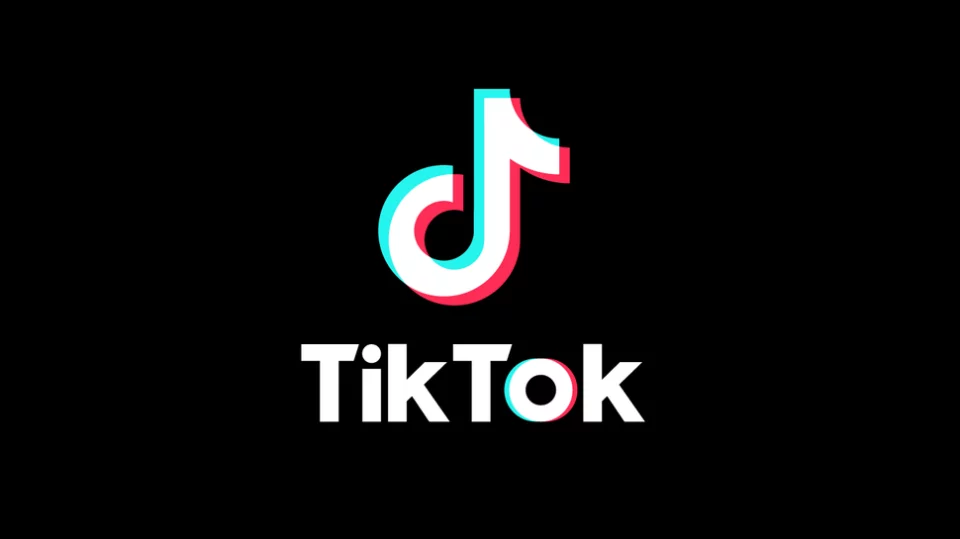The European Union will investigate whether ByteDance’s TikTok breached online content rules aimed at protecting children and ensuring transparent advertising, an official said on Monday, putting the social media platform at risk of a hefty fine.
EU industry chief Thierry Breton said he took the decision after analysing the short video app’s risk assessment report and its replies to requests for information.
“Today we open an investigation into TikTok over suspected breach of transparency & obligations to protect minors: addictive design & screen time limits, rabbit hole effect, age verification, default privacy settings,” Breton said on X.
The European Union’s Digital Services Act (DSA), which applies to all online platforms since Feb. 17, requires in particular very large online platforms and search engines to do more to tackle illegal online content and risks to public security.
TikTok’s owner, China-based ByteDance, could face fines of up to 6% of its global turnover if TikTok is found guilty of breaching DSA rules.
TikTok said it would continue to work with experts and the industry to keep young people on its platform safe and that it looked forward to explaining this work in detail to the European Commission.
“TikTok has pioneered features and settings to protect teens and keep under 13s off the platform, issues the whole industry is grappling with,” a TikTok spokesperson said.
The European Commission said the investigation will focus on the design of TikTok’s system, including algorithmic systems which may stimulate behavioural addictions and/or create so-called ‘rabbit hole effects’.
It will also probe whether TikTok has put in place appropriate and proportionate measures to ensure a high level of privacy, safety and security for minors. As well as the issue of protecting minors, the Commission is looking at whether TikTok provides a reliable database on advertisements on its platform so that researchers can scrutinise potential online risks.
This marks the second DSA investigation after Elon Musk’s social media platform Xfound itself in the EU’s crosshairs in December last year.


